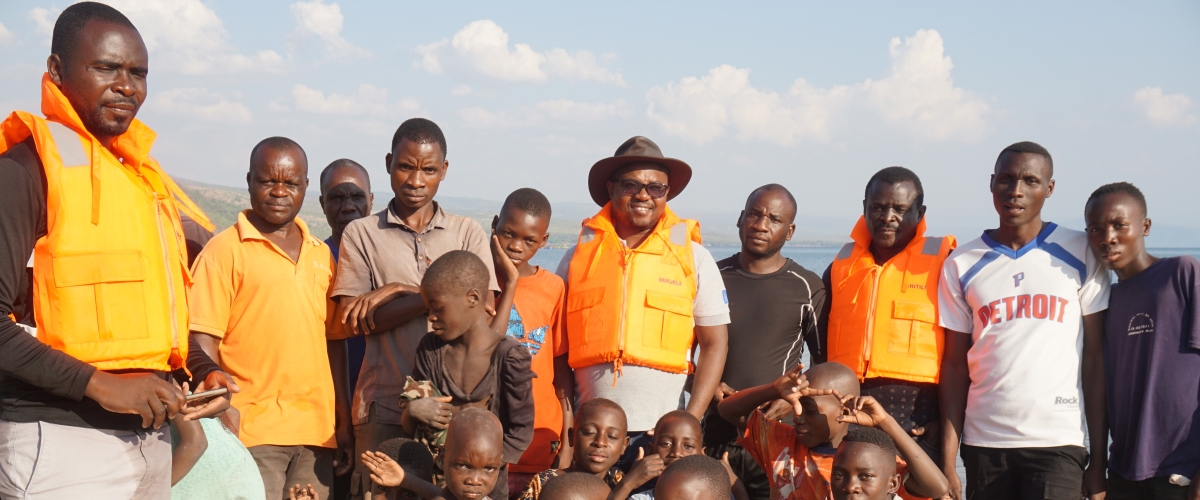
By Happy Mulolani
Undoubtedly, fish is like diminishing “gold” on the Lake Tanganyika. Lake Tanganyika is a water body shared among Zambia, Burundi, Tanzania and Democratic Republic of Congo. In Zambia, the fisheries and aquaculture contribute less than 1% of the Gross Domestic Product (GDP) despite water accounting for 20 % of the total body mass.
Statistics indicate that the annual demand for fish in Zambia exceeds 180,000 metric tonnes per year, whereas the country is only able to meet about 87,000 metric tonnes per year due to depleted stocks. According to Fishkathon (2016) Zambia has more than 40 percent of the water resources in the Southern African Development Community (SADC) although imports about 50,000 tonnes of fish annually.
To preserve the fish status, the Lake Tanganyika Authority was birthed to sustainably preserve the utilization of the resource. A convention on sustainable management on Lake Tanganyika was signed in 2003. This was further strengthened by the signing of a Regional Charter on sustainable fisheries management.
Ministry of Fisheries and Livestock Senior Fisheries Research Officer in Northern province, Lwabanya Mabo explains although countries have signed these agreements, compliance needs to be monitored especially during fishing ban periods to allow the fish to breed and replenish stocks. Mr Mabo clarified that the closing of the water bodies is dependent on the science and biology of the fish. “This year the first-ever fish ban on Lake Tanganyika by member countries was jointly enforced from May 5 - 15 August 2023 to allow breeding of Buka Buka fish and Kapenta,” Mr Mabo revealed.
He stated that collaboration with the police, army and community was very good thereby contributing to high compliance levels. Mr Mabo explained that communities had contributed to using methods of fishing such as small nets, mosquito nets leading to overfishing and leaving communities vulnerable to no other alternative livelihood.
“As long as the fish is not allowed to breed, the fish volumes will be low thereby affecting food security and nutrition,” Shiwang’andu District Fisheries and Livestock Coordinator Dan N’guni says. Mr N’guni calls for increased collaboration with member countries to ensure a standardised approach to preserve fish as a natural resource which has an economic benefit and nutritional value.
In an interview with one of the fishermen in Mpulungu, Charles Simwinga, says the fishing community across the countries sharing the water bodies appreciated the fish ban as it enabled the fish to breed and communities no longer just focus on fishing as an economic activity. Mr Simwinga says fishers focused no longer focused on fish as an economic activity. Instead, they adopted alternative sources of livelihood like growing vegetables, cassava, finger millet and maize.
“The fish ban is useful as most fishers complied with the fish ban regulations unlike in previous years when compliance levels were low. The fish ban was effective due to increased awareness and sensitization to all countries sharing the Lake Tanganyika water bodies,” Mr Simwinga said.
One of the major challenges that member countries are facing in effecting the fish breeding season, is the inability to enact agreements into their existing laws to ensure countries are accountable and prosecute offenders. Once countries sign these agreements, the law needs to be tightened and harmonize fishing regulation mechanism to ensure compliance to appropriate fishing methods.
The author is Principal Agricultural Information Officer for the National Agriculture Information Services (NAIS) and also CCARDESA TFCA Correspondent





